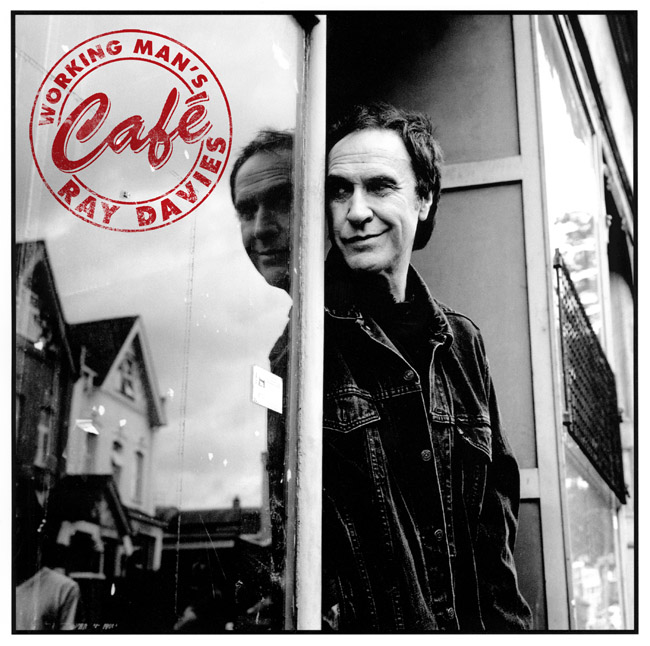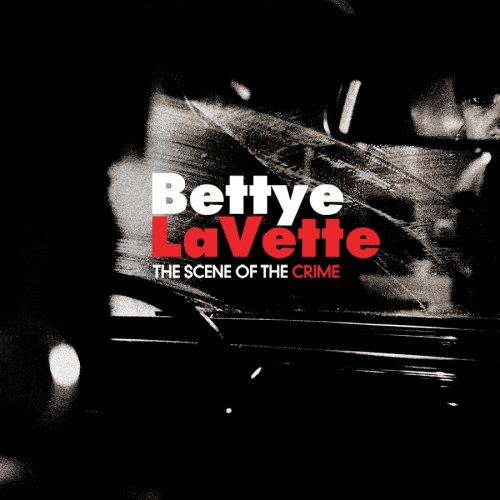
Here's a review I wrote of one of my favorite CDs of 2007. It's a local band that I first saw opening for Office at Double Door in 2006. They impressed the hell out of me then and the album lived up to that promise. (I need to learn how to post part of it with a READ MORE thing -- this apparently involves HTML and the instructions I find on blogger assume that the reader has much more knowledge than I have -- like, where's my style sheet?)
Mannequin Men -- Fresh Rot (Flameshovel) flameshovel.comThis is filthy, greasy garage rock with a twist. On some songs, Mannequin Men mix in the pop smarts and guitar dexterity of Television with a slash and burn style. On other songs, the band builds up a head of steam that brings to mind fellow Chicagoans Eleventh Dream Day. It’s all pulled together by frontman Kevin Richards, whose sings with equal amounts attitude and desperation. Rock and roll still lives, kids.
In keeping with the ugly cover art, the Men like to wallow in the sleaze. This is an affectation rather than authentic, but when the music is so greasy and dirty, it's best that the lyrics fit that scheme. Richards is the perfect singer to whine lyrics like “you were a pretty girl/when you were six/you must have given all boys/their first kiss,” in a voice that’s part Tom Verlaine and part Black Francis, while Seth Bohn shuffles a syncopated beat and Richards and Ethan D’Ercole play guitar leads that spin out webs of notes that creep and crawl. Yep, this is “Grapefruit”, which makes me want to take a shower after I listen to it. Every time.
The album starts off with a wicked one-two punch. “Private School”, much like “Grapefruit”, is a fucked up come on: “Baby, when you first saw me/tell me what did you think/did you know I had a/long story and couple of girlfriends behind me.” Richards isn’t sexy, but sex hangs all over this track. On this song, the Men show how well they can go from a mid-tempo swagger to driving guitar rock in the chorus.
“We Are Invisible” announces itself with a majestic riff, then dials it down for more of Richards making like Greg Dulli or some other creepy lothario. This song pulses, the guitars riffing up and down waiting for an explosion. The explosion comes when Richards and his mates tear into the refrain, Bohn’s drum fills providing an exclamation point.
Two bits of good news -- the Men did not shoot their wad after these two powerful tracks. Moreover, the tough guy stance is not the only pose on this album. There is fun to be had here.
How can anyone do anything but love a band trying to start a dance craze? Even if it’s a dance
called the “Pigpen”. This song moves into Strokes territory, as Richards explains how you got to dance because that’s “the only way the girls will romance [you].” However, this track isn’t as light hearted as “The Twist”, that’s for sure. In fact, they really don’t describe the dance, only how vitally important it is to do the Pigpen. This track shows a playful side without sacrificing the band’s rock power.
Another track that shows depth is “22nd Century”. This is a melody driven number, with the lead guitar parts glistening. This is romantic fatalism at its best, with the leads interlocking again, in a composition that Television could have done 30 years ago. “Maybe if we get away/somewhere by the ocean/I can make you drink my blood/and it will be a potion/that will make us go to sleep/’til the 22nd Century” -- how sweet and sick. It makes sense, in its own way.
There is so much more here, from the breathless closer “We Are Free” (fans of Tangiers will dig this) to the slinky “Mattress” and the slow Seeds-y garage rock of “Sewers” (with a great lead vocal from D’Ercole). This is one of the few really great rock albums of 2007.

















